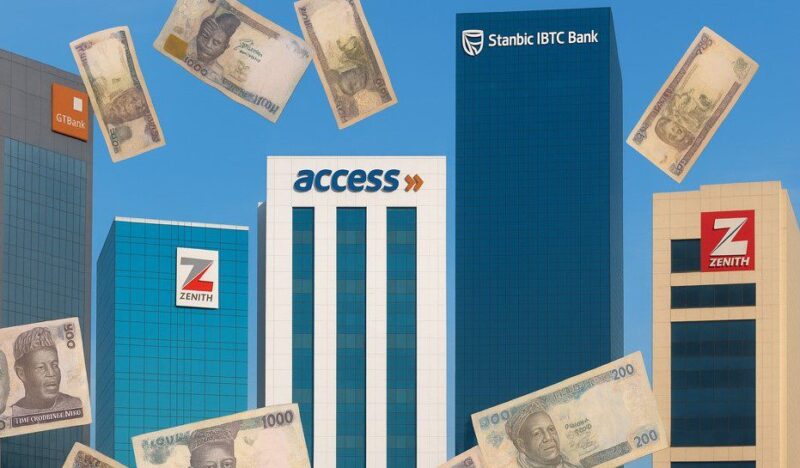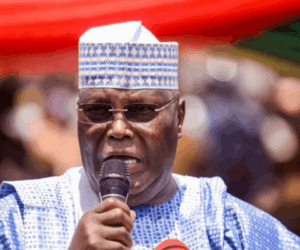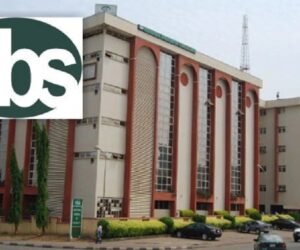Olayemi Cardoso, Governor of the Central Bank of Nigeria (CBN), has disclosed that 16 lenders have met the revised recapitalisation requirements, and 27 are raising capital. He revealed this during the 303rd Monetary Policy Committee (MPC) meeting.
The CBN boss reiterated that the Nigerian financial system remains resilient amid ongoing economic reforms aimed at the stability and growth of the Nigerian economy. He explained that stability ensures that the economy grows stronger.
“After stability comes investment, and after investment comes growth. What we need is sustained, enduring growth, not short-term gains. Stability and growth can go hand in hand. Recent quarters show sectoral growth, and stability today boosts investor confidence, paving the way for sustained, enduring growth, not short-term gains,” he added.

Recall that in March 2024, the CBN adjusted the minimum capital requirements for lenders. Effective from April 1, 2024, lenders with international authorisation were required to meet a threshold of N500 billion, national banks were required to meet N200 billion, and regional banks were required to meet N50 billion for new regulatory approval.
Rooted in the CBN’s move was the aim to strengthen financial operators against all forms of economic shocks. It noted that the new recapitalisation will promote stability in the Nigerian financial system and ensure financial institutions have the capacity to support Nigeria’s economic development and financial inclusion.
For financial operators, they can meet the capital base requirements through various initiatives as stipulated by the CBN. These are deploying fresh equity capital through private placements and rights issues, or by pursuing mergers and acquisitions.
Some of the financial institutions that have met their threshold are:
- Access Holdings
- Zenith Bank
- GTBank (GTCO)
- Ecobank
- Stanbic IBTC
- Wema
- Providus
- Globus
- Premium Trust Bank
- Greenwich Merchant Bank
- Jaiz
- Lotus
Other lenders are also expected to join the league. First HoldCo is in the process of raising N350 billion through private placement in H2 2025, targeting a total paid-up capital of N748 billion. Others are Fidelity, FCMB and Sterling.
CBN gives lenders until March 2026 to meet the requirements.
Also Read: CBN declares Zuldal Microfinance Bank an illegal financial institution
More restructuring in the Nigerian Banking industry
The CBN has been implementing several restructuring measures across the industry to strengthen financial discipline.
For instance, the regulator has proposed stricter sanctions for individuals who repeatedly issue dud cheques, including an automatic five-year ban for each repeat offence. The measure is part of a new exposure draft titled Guidelines on the Treatment of Dud Cheques by Banks and Other Financial Institutions in Nigeria.


According to the draft, once a financial institution establishes that a cheque is dishonoured due to insufficient funds, it must report the incident to the Credit Risk Management System and at least two private credit bureaus within one hour.
The financial institution must notify the customer within two working days through a verifiable communication channel. It must also provide full details of the dishonoured or dud cheque.








